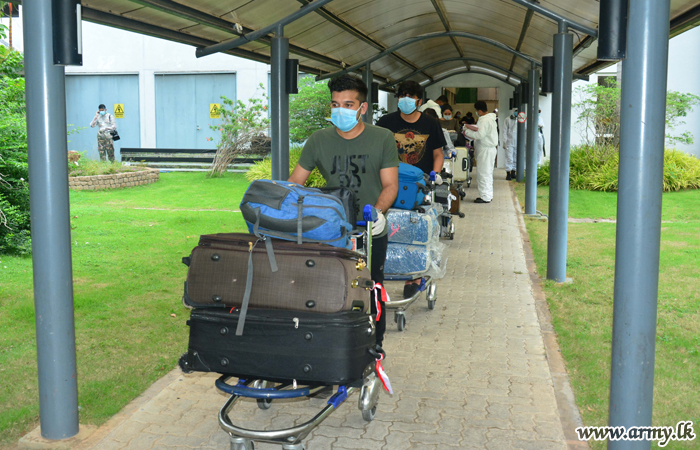
Hundreds of migrant workers from Sri Lanka are stranded in the Middle East, with at least 44 dead from the coronavirus, as they struggle to find a way to be repatriated back to the island.
The crisis of migrant workers is ongoing, as thousands have lost their jobs during the pandemic and have no feasible way of returning to the island. Those who want to return must also face the barrier of paying for a mandatory PCR test, which many do not have the funds to afford, especially as they scramble to pay for basic needs like food.
The Sri Lankan government has restricted repatriation of these workers due to concerns about the healthcare system’s capacity to care for those who may return infected. Currently, all those who return face mandatory detention in coronavirus ‘quarantine centres’ that the military has set up, mainly in the North-East.
However, the alternative is that these workers are remaining in Saudi Arabia, Kuwait, Qatar, and other Middle Eastern countries where they are susceptible to the spread of the virus and without a proper social safety net.
There are an estimated 1,700 migrant workers from Sri Lanka still stranded abroad.
In April, human rights organizations came together to call on Saudi Arabia to protect migrant workers, given their disproportionate vulnerability in the face of the pandemic.
This pandemic has forced many West Asian countries to reconsider whether the migrant worker model on which they have relied economically is sustainable in the long term.

